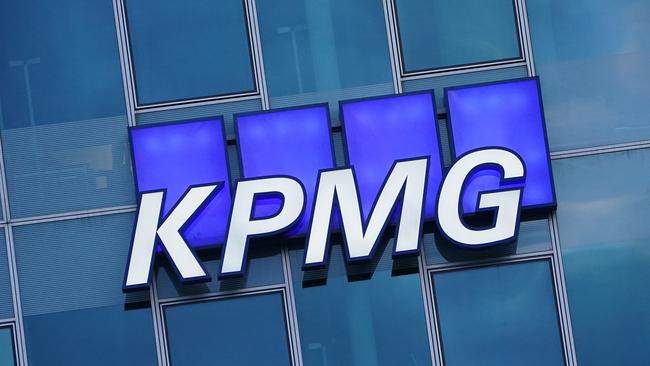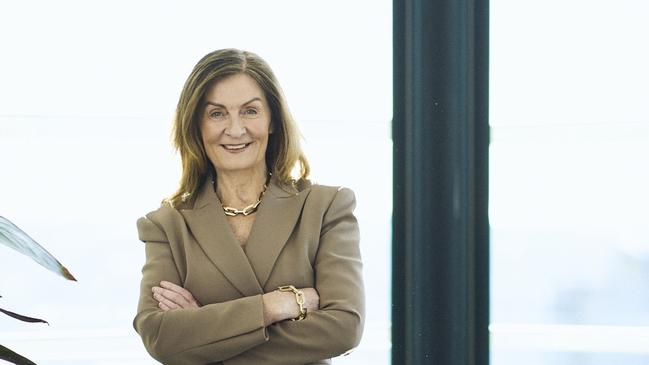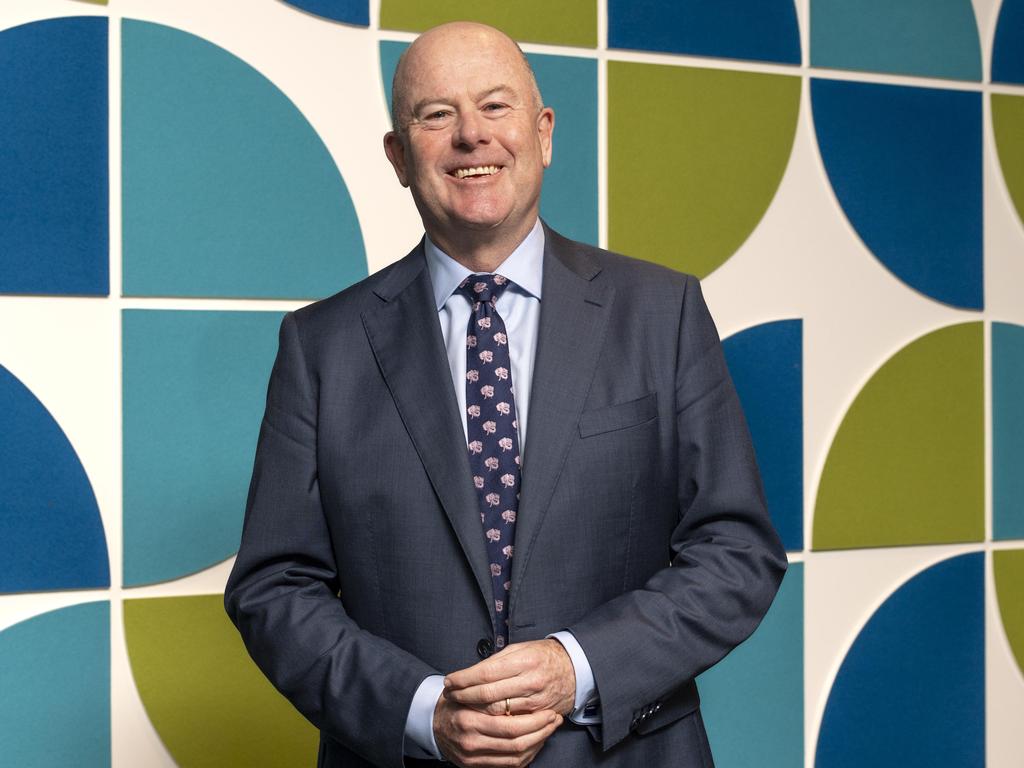KPMG lifts the lid on company culture as report reveals impact of speak up culture
Professional services firm KPMG has revealed 11 staff were sacked or ‘exited’ from the business after serious breaches of its code of conduct.

KPMG is hoping a network of senior management chaperones will stop offsite sexual harassment involving staff after the professional services firm revealed seven incidents in its latest cultural report.
The firm noted it had received nine allegations of sexual harassment in the year to June 30, with one staff member fired after findings were made against them.
That departure was part of 11 staff exited from KPMG last year as efforts to clean up culture were ratcheted up by management.
Seven staff involved in the sexual harassment allegations were censured by the firm, but remain employed. The firm noted offsite activities accounted for many harassment allegations and were a focus in the coming year.
But KPMG management is not banning alcohol at company events, with the firm’s people and inclusion, national managing partner Dorothy Hisgrove noting their staff were adults.
“I wouldn’t like to see a day when we ban it but I’d like to make sure we have people there responsible for the function making sure there’s no misbehaviour at the function, they‘re not drinking alcohol themselves,” she said.
KPMG on Tuesday unveiled its latest impact report, which charts the firms’ people and culture, noting its push for staff to speak out may be delivering a short term complaint shock but a longer term culture shift. Complaints to KPMG over workplace behaviour have more than doubled in the latest report, with 88 staff lodging formal grievances with the firm.
This was up on the 40 allegations aired in the 2021 financial year by KPMG staff.
KPMG substantiated 38 of the complaints lodged in the latest period, with staff found to have breached the code facing written warnings, counselling, as well as cuts to their bonus payments and hits to end of year ratings.
KPMG also noted it had moved to sanction staff connected to a 2020 exam cheating scandal who “received answers, shared answers, or used answers”.
Ms Hisgrove said KPMG was building out a system for tracking reports against staff and ensuring those who raised concerns were not punished or singled out “over two to three reporting cycles”.

The firm has also rolled out a 50-strong “ethical culture network” across the business, to act as cultural role models for staff.
KPMG’s Australian business, which boasts outposts in Fiji and Papua New Guinea, has been on a hiring tear with headcount swelling by 25 per cent.
This saw 12,238 people employed at the firm as of June 30.
Partnerships are also up, topping 673 at the end of June, but women accounted for 225.
KPMG is aiming to lift its female partner figure to 40 per cent of it total from its current level of just over 33 per cent.
The 2022 impact report noted KPMG’s gender pay gap has been maintained for “like-for-like” comparison, but men remain paid more in aggregate at the professional services firm.
KPMG’s data showed men at the firm earned 11.4 per cent more than woman.
The gender pay gap is steeper at the firm’s partnership level, where it stands at 12.4 per cent.
KPMG is moving to head off unnecessary staff exits, the company has rolled measures to extend parental leave as well as noting burnout as a key issue.
Ms Hisgrove told The Australian that the firm was also looking to roll out a survey system for all its staff that would see them receive curated psychological reports on how to best manage stress and improve their lifestyles.






